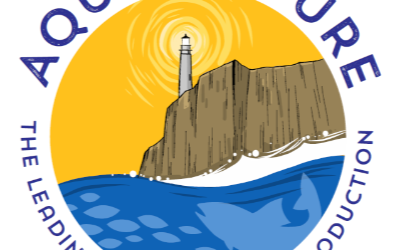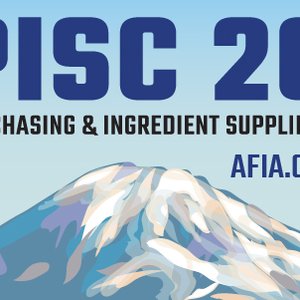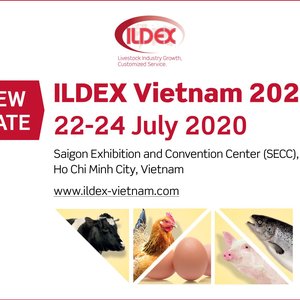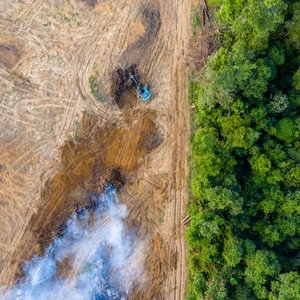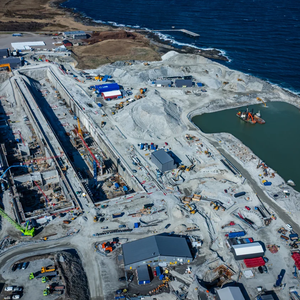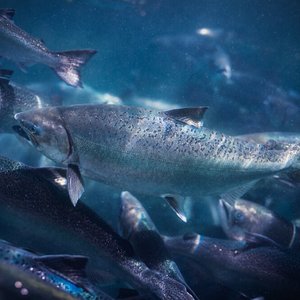The World Aquaculture Society, the Aquaculture Association of Canada and the Newfoundland Aquaculture Industry Association will co-host World Aquaculture North America 2020 (WANA 2020) at the St. John’s Convention Centre in St. John’s, Newfoundland and Labrador, Canada from August 30 to September 2.
This year’s theme is “AQUACULTURE; The Leading Edge of Food Production.” Combining the Cold Harvest Conference, Aquaculture Canada and WAS Conference, this event is expected to be the premier attraction for aquaculture in North America in 2020. Stakeholders from around the globe will hear from world-class speakers on science, technology, business and social aspects of aquaculture. The conference will also include a 3-day technology and innovation trade show.
The following presentation sections are being scheduled:
- Improving fish and shellfish culture
- Cleaner fish
- Fish welfare
- Aquaculture monitoring technologies
- Aquaculture biotechnology
- Fish physiology
- Recirculating aquaculture systems
- Mussel and oyster culture
- Sea lice: control and mitigation
- Aquaculture nutrition
- Aquatic animal health
- Status of global aquaculture
- Public policy
- Public perception; maintaining public trust
- Indigenous partnerships/engagement
- Law, regulations and policy
- Human resources
- Marine safety / regulatory requirements
- Communications and advocacy
- Supporting aquaculture at multiple levels
- Municipal leader forum
- Governmental town hall
- CEO's workshop
- Global growth and the “Blue Planet”
- Towards full utilization of aquaculture resources
- Biorefining / bioprocessing / valorization
- Material management, processing and utilization
- Product traceability and food safety
- Certification
- Aquaculture and the environment
- Aquaculture and climate change
- eDNA for understanding and managing marine ecosystems
- Wild-farmed interactions
- Genetic interactions associated with aquaculture
- Harmful algal blooms
- Integration: offshore aquaculture with renewable and non-renewable resources
- Environmental impact monitoring
- Modelling in support of aquaculture ecosystem management
- Aquatic invasive species
- Panels and workshops
- Consumer panel
- Women in aquaculture
- Aquaculture services – “Show and Tell”
- Automation in aquaculture
The deadline for abstract submissions is March 15.
For more information, visit www.was.org.


